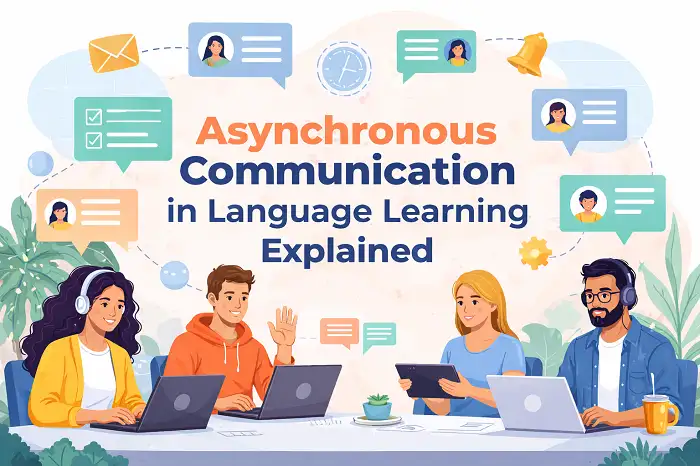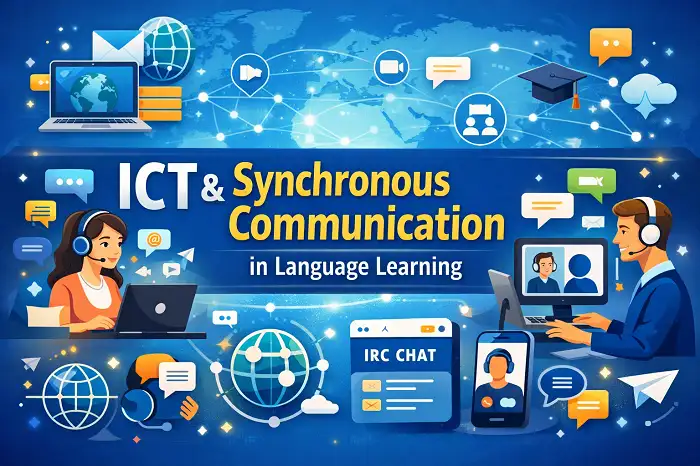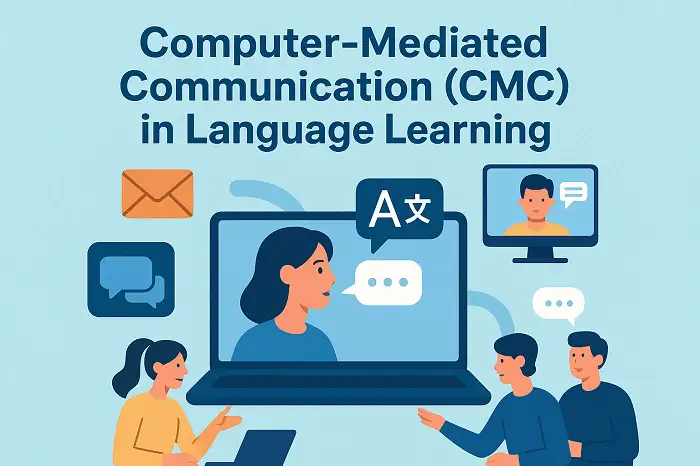Table of Contents
Classroom Assessment
Classroom Assessment
According to Brookhart, in classroom assessment, assessment and learning are integrated within the classroom. She sees this in terms of Vygotsky’s (1978) notion of the zone of proximal development, or that space between what the individual can accomplish independently and what he/she can do with assistance. Personal knowledge of the learner and the process of learning are taken into account in assessment that informs future learning.
Classroom assessment is fundamentally different from large-scale assessment primarily in the focus on learning, where learners, teachers and other stakeholders are concerned with intervention and change. In classroom assessment, students are not ranked in any way. The teacher and learners together negotiate what constitutes successful task completion and successful learning. The assessment that takes place is therefore ‘criterion-referenced’ – linked to the agreed criteria that if met show that a learner is ready to proceed to the next learning activity.
In the classroom learning environment, it is feedback to the learner, from any source, that helps him/her to identify what needs to be learnt next to become an independent user of language in a new context (Fulcher & Davidson, 2007). In the classroom, the activities and assessment are almost entirely performance-based and completely integrated.
In the classroom, the teacher, colleagues, parents and students may all bring something to the assessment process and outcome in which the process is frequently more important than any product or outcome. The differences of opinions and perspective provide validity through dialogue, unlike the consistency of large-scale testing in which all judges must see with the same eyes (Fulcher & Davidson, 2007). In short, the teacher collects a range of evidence to make a holistic, integrative interpretation of collected performances.
In the classroom, personal knowledge of the learner and the process of learning is taken into account in assessment that informs future learning, while in large-scale testing, the learner is a distant, anonymous entity, about whom we need to collect as much evidence as possible in a very short period of time (Fulcher & Davidson, 2007).
Wilson describes classroom assessment as ‘responsive feedback’ and argues that, responsive feedback is part of a communication process which involves observation or other sensory input, interpretation, and response. It may in addition involve ongoing dialogue. The teacher is familiar with each and every learner, so he can draw on a much wider range of evidence that informs judgements about ability.
The setting is fairly natural. Over periods of time, the teachers have the opportunity to observe learners participate in a wide range of activities and tasks. The context of a language test is the environment in which the test takes place, i.e. the classroom. In this case, it is in contrast with ‘large-scale assessment’.
In the classroom, the context is the learning environment, constructed of sets of learning experiences that are designed to lead to the acquisition of language and communication. This context is not construct-irrelevant, but directly relevant to the assessment of the learners. That is to say, the context is part of the construct (Fulcher & Davidson, 2007).
Classroom assessment is on the basis of ‘continuous assessment’ in which the process of assessment takes a lot of time in a lengthy period. Moss suggests some types of evidence to make judgements about the learning success of students in classroom assessment:
- How students engage in tasks
- Ongoing conversations
- Interactions with others
- Knowledge of the resources available to learners
References
- Fulcher, G., & Davidson, F. (2007). Language testing and assessment: An advanced resource book. Oxen: Routledge.
- Vygotsky, L. S. (1978). Mind in society: The development of higher psychological processes. Cambridge: Harvard University Press.



